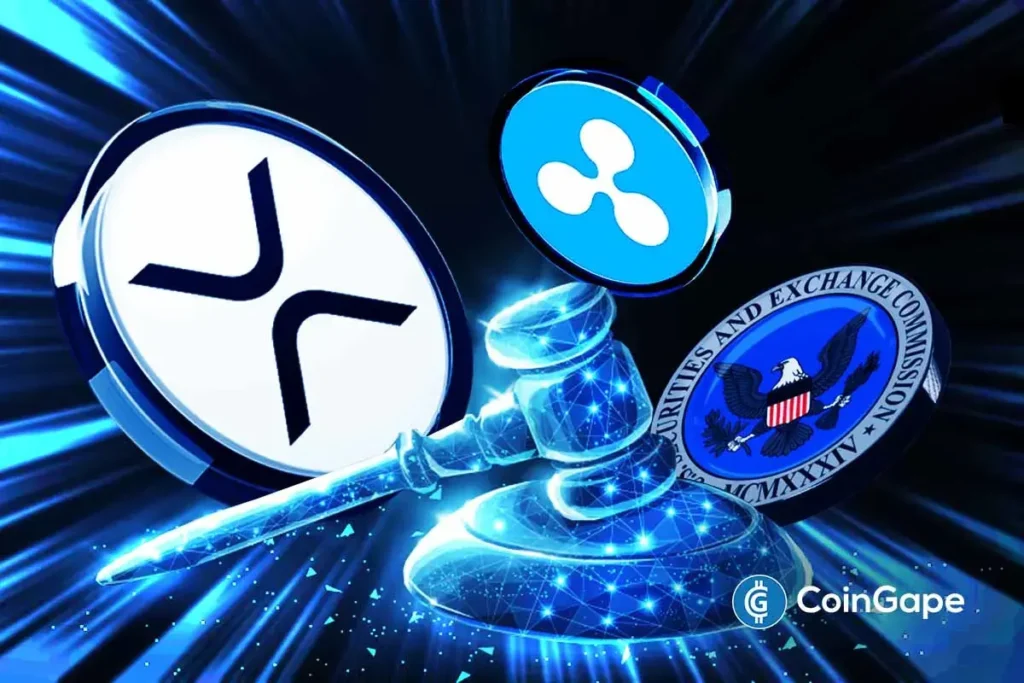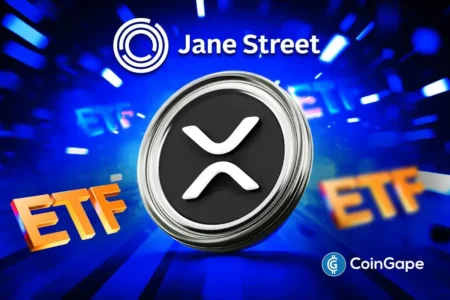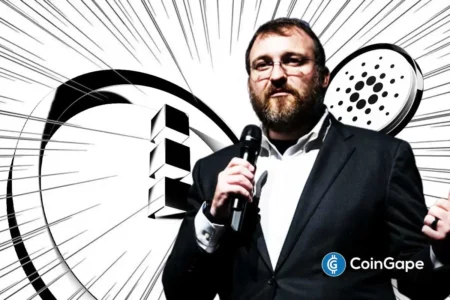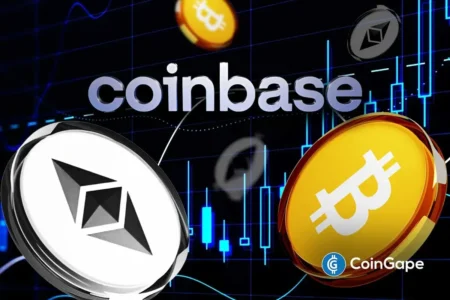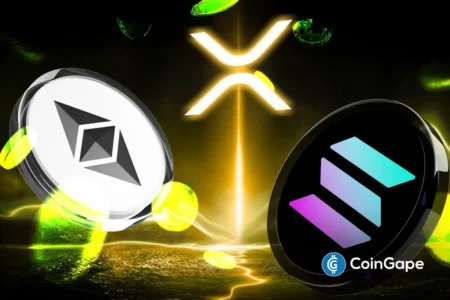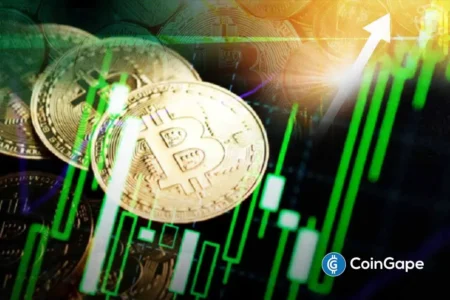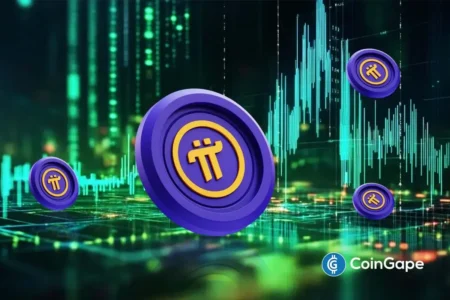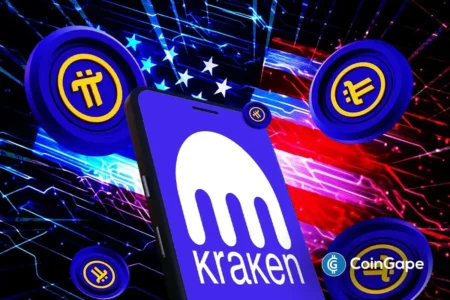Ripple vs SEC: Understanding the Ongoing Delay in the XRP Lawsuit Settlement
The ongoing Ripple versus SEC legal battle has once again captured the attention of the cryptocurrency community, particularly due to recent statements from securities lawyer Marc Fagel. As speculation grows regarding a potential settlement, Fagel has dismissed rumors of intentional delays, shedding light on the internal processes that may be contributing to the situation.
Reasons Behind the XRP Lawsuit Settlement Delay
Despite heightened anticipation for a resolution, the XRP lawsuit settlement remains elusive. Following a closed-door meeting on July 17, the community began to probe deeper into the reasons for this ongoing delay. Fagel clarified that speculation regarding negotiations between the SEC and Ripple aren’t causing the hold-up. According to him, crucial internal SEC procedures, such as drafting action memos and scheduling commissioner votes, are the primary reasons behind the postponed resolution. He tweeted, "The staff needs to draft its action memo…So please, keep lecturing a former senior SEC official about SEC procedures."
Dismissing Rumors of Intentional Delays
Further emphasizing his point, Fagel condemned the idea that Judge Torres or the SEC are intentionally stalling the case. "Nobody is holding up the case," he stated, affirming his earlier assertions that internal mechanisms are solely responsible for the length of the process. This reaffirms the notion that the settlement’s status is less about external negotiations and more about procedural necessities within the SEC.
Implications of SEC’s Closed-Door Meetings
Another focal point in understanding the delay arises from the SEC’s closed-door meetings. Many in the community anticipated a favorable outcome following Ripple’s dismissal of its appeal, especially after a July 3 meeting. However, Fagel insists that this closed meeting was a routine affair and had no bearing on the status of the lawsuit. He expressed skepticism about any substantial outcomes, underlining that handling SEC enforcement votes often requires 1-2 months of preparation. His stance brings a sense of realism to the community’s expectations.
Ripple’s Financial Obligations
In another critical discussion, Fagel mentioned that Ripple has already paid its $125 million penalty in cash, rather than using XRP. While this act indicates Ripple’s willingness to resolve the matter financially, Fagel notes that this payment does not conclude the case. The ultimate resolution still hinges on the appeal process, further clarifying that internal SEC procedures remain the root of the delays.
Community Sentiment and Future Outlook
Despite Fagel’s explanations, the cryptocurrency community continues to hope for a swift resolution to the XRP lawsuit. The eagerness is fueled by the significant impact this case could have on the broader crypto market. Many advocates believe that a favorable outcome could pave the way for regulatory clarity, which would be beneficial for the digital asset landscape at large.
Conclusion
The Ripple vs SEC lawsuit continues to be a significant point of focus within the cryptocurrency sector. Marc Fagel’s insights into SEC’s procedural requirements have illuminated some of the complexities behind the delays. As the community awaits further updates, it is essential to approach the situation with tempered expectations, understanding that legal processes can often be protracted and intricate. Awareness of these factors is crucial for stakeholders in the crypto market as they navigate these uncertain waters.





